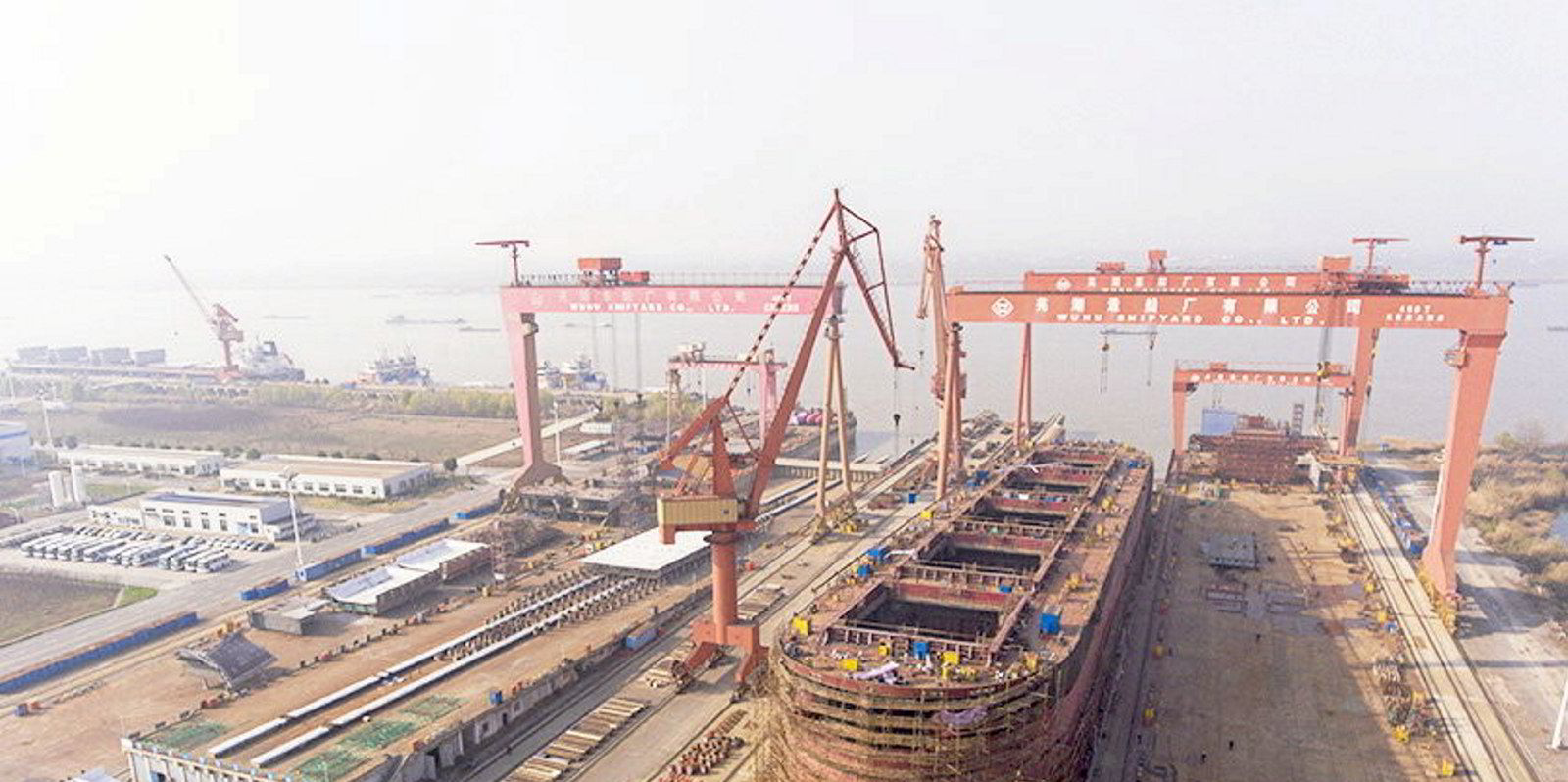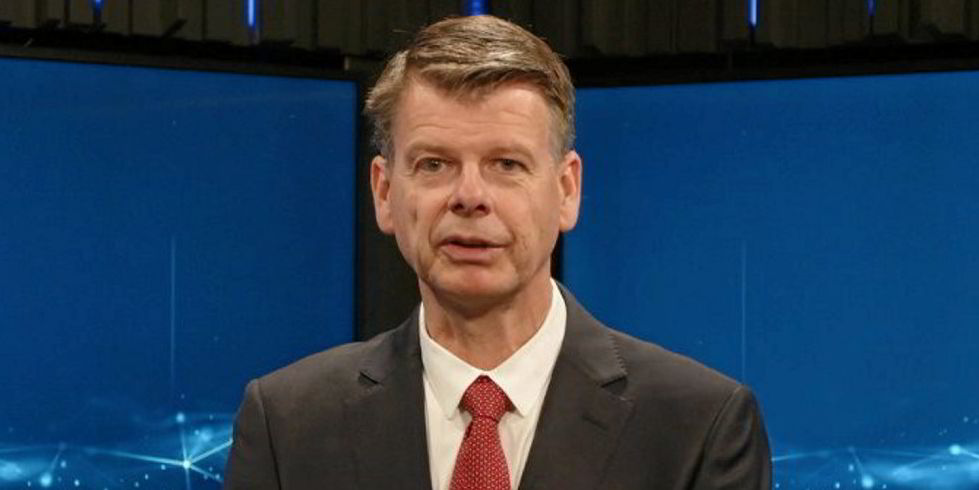Stolt Tankers has bitten the bullet on fleet renewal with a major order in China.
The Netherlands-based Stolt-Nielsen tanker company ordered six firm 38,000-dwt stainless steel parcel tankers at Wuhu Shipyard.
Deliveries are set for between 2026 and 2028, with options for a further six newbuildings attached.
No prices have been revealed, but ABG Sundal Collier has pegged each ship at $57.4m each, meaning the cost could hit towards $700m.
The ships are designed to maximise fuel efficiency using modern engine design, hull form optimisation, a wide range of energy-saving devices and shore power connection.
They can also be converted for future battery and methanol propulsion.
The ships will have 30 stainless steel cargo tank segregations offering a wide range of cargo flexibility.
Stolt-Nielsen chief executive Udo Lange said: “Following our well-timed acquisitions of 10 secondhand ships since 2021, now is the right time to invest in newbuildings.
“This deal positions Stolt Tankers for the future by improving flexibility and maintaining our fleet size as we retire older ships from our network between 2026 and 2030.”
The order also reflects the owner’s strategy to add modern, fuel-efficient ships to the fleet, making clients’ supply chains simpler and more sustainable, Lange explained.
“Not only will these new ships help Stolt Tankers in its ambition to reduce its carbon intensity by 50% (relative to the 2008 baseline) by 2030, but they will also help reduce customers’ Scope 3 emissions,” he said.
Cash being put to work
“These newbuildings put our strong balance sheet and cash flow generation to work to deliver sustainable shareholder returns while maintaining our position as the world’s largest operator of chemical tankers.”
Stolt Tankers already has more than 150 ships in operation.
The move is another big decision for new boss Lange, who replaced Niels Stolt-Nielsen in the top job in September.
He has already shelved a long-planned IPO for Stolt Tankers.
The company has long acknowledged that it has an ageing fleet, much of which dates from the 1990s and early 2000s, but it has been reluctant until now to commit cash to newbuildings.
In March, the previous CEO said returns from chemical shipping had been unsustainable for two decades.
Niels Stolt-Nielsen told an earnings call: “If we are going to continue to build the ships that you need to deliver your service, it is in your interest that this market is as strong as it is now, because we cannot justify, talking to our stakeholders, to continue to build ships that give us a return lower than the cost of capital.”





